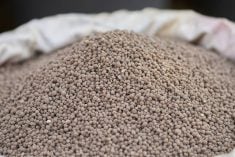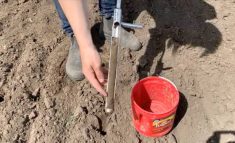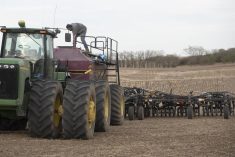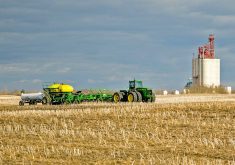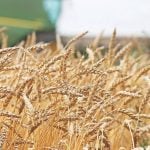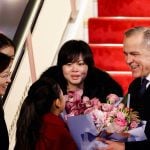beijing / reuters / Rising labour and fertilizer prices and uncertain weather will reduce China’s grain harvest this year, state radio quoted Minister of Agriculture Han Changfu saying Feb. 27.
A good grain harvest tames China’s consumer inflation, which rebounded to 4.5 per cent in the year to January, but was still well below a three-year high of 6.5 per cent last July.
China aims to reap 525 million tonnes of grain this year, down from a record harvest of 571 million tonnes in 2011.
Han told a meeting with 10 other ministries to ensure grain output that high costs of labour and fertilizer as well as the possibility of adverse weather will affect Beijing’s efforts to hit the target.
Read Also
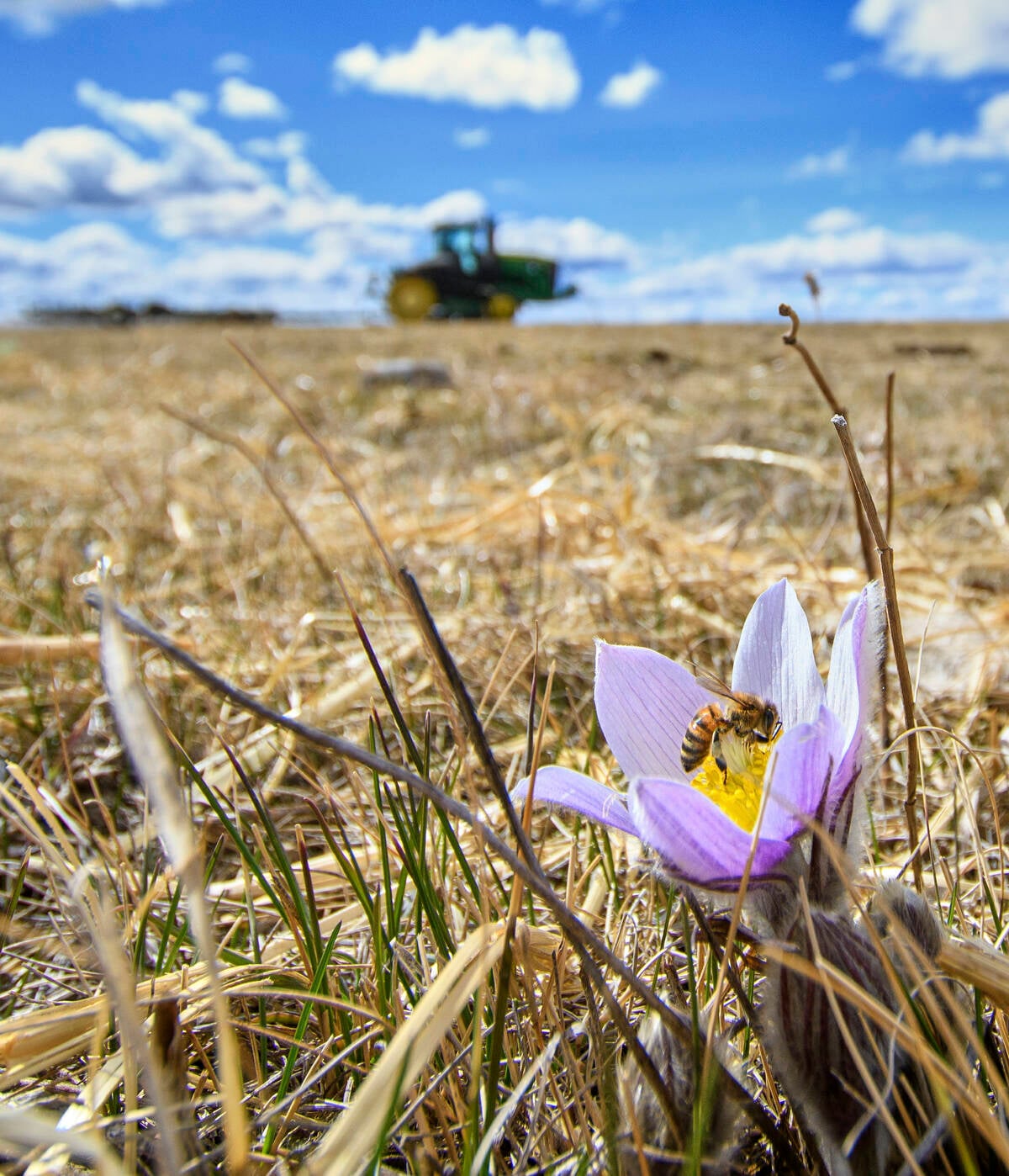
AI app promises Prairie farmers better insect scouting
A new app, artificial intelligence (AI)-driven and developed on the Prairies, is expected to help farmers identify and manage pest and beneficial insects.
Labour costs rose 25 per cent and fertilizer price increased 17 per cent in 2011 from a year earlier, he told the meeting.
“Labour cost will not decline this year and the fertilizer price is already on the rise even before the spring planting begins,” he said. “China’s agricultural production is entering a phase of high cost.”
He also warned against more extreme weather this year.
“Weather conditions will probably be worse than last year and fighting disasters for a harvest will become this year’s main theme,” he added.
Any challenge to feed its population of 1.3 trillion is a big issue for Beijing, concerned with social stability and a government transition in 2012.
Food accounts for a third of China’s consumer price index and the leadership has warned against a rebound in inflation, which means China has to tip its toes when relaxing policies to support the slowing economy.


